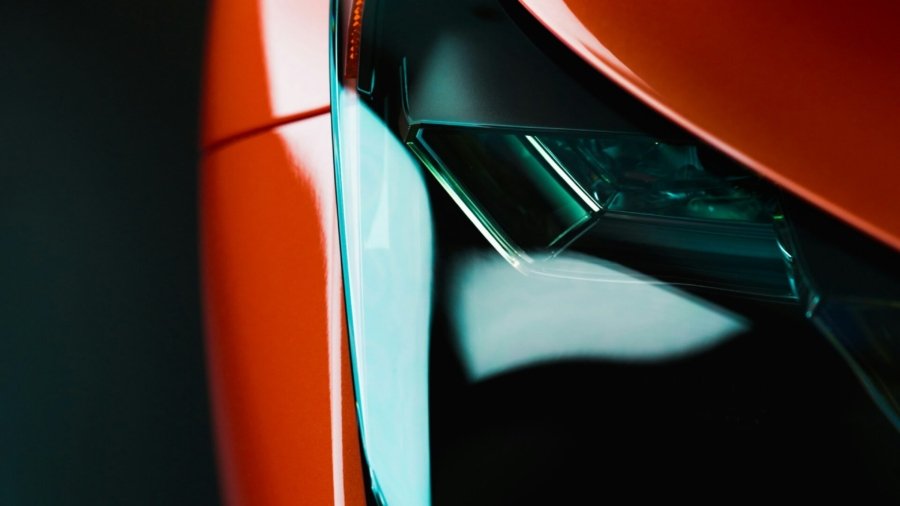Understanding First-Party Car Insurance
When it comes to insuring your car, one of the options you have is first-party car insurance. This type of insurance provides coverage for damages to your own vehicle in the event of an accident, theft, or any other covered event. In this article, we will explore first-party car insurance and provide details on how it works with Indian insurance companies.
Benefits of First-Party Car Insurance
First-party car insurance offers several benefits to vehicle owners. Here are some key advantages:
1. Coverage for Own Vehicle
With first-party car insurance, you can rest assured that your own vehicle is protected in case of damage or loss. This coverage can be particularly helpful if you have a high-value car or if you rely heavily on your vehicle for daily commuting.
2. Protection against Unforeseen Events
Accidents and unforeseen events can happen at any time. First-party car insurance provides coverage for damages caused by accidents, natural disasters, theft, fire, or vandalism. This coverage can give you peace of mind knowing that you are financially protected in such situations.
3. Customizable Coverage Options
Indian insurance companies offer various types of first-party car insurance policies, allowing you to choose the coverage options that best suit your needs. You can opt for basic coverage or enhance it with additional features such as roadside assistance, zero depreciation cover, or engine protection.

Types of First-Party Car Insurance Policies
Indian insurance companies offer different types of first-party car insurance policies to cater to the diverse needs of vehicle owners. Here are some common types:
1. Comprehensive Car Insurance
Comprehensive car insurance provides coverage for both third-party liability and damages to your own vehicle. It offers the most extensive coverage and is highly recommended if you want maximum protection for your car.
2. Third-Party Car Insurance
Third-party car insurance is the minimum legal requirement in India. It covers damages caused to third-party property or individuals due to an accident involving your vehicle. However, it does not cover damages to your vehicle.
3. Zero Depreciation Car Insurance
Zero depreciation car insurance, also known as bumper-to-bumper insurance, provides coverage for the full value of your vehicle without factoring in depreciation. This means that in case of a claim, you will receive the entire cost of repairing or replacing damaged parts without any deduction for depreciation.
Choosing an Indian Insurance Company for First Party Car Insurance
When selecting an Indian insurance company for your first-party car insurance, it is important to consider the following factors:
1. Reputation and Financial Stability
Choose an insurance company with a good reputation and a strong financial standing. This ensures that they will be able to fulfill their obligations in case of a claim.
2. Claim Settlement Ratio
Check the claim settlement ratio of the insurance company. This ratio indicates the percentage of claims settled by the company. A higher claim settlement ratio indicates a better track record of settling claims promptly.
3. Network of Cashless Garages
Find out if the insurance company has a wide network of cashless garages. This will allow you to avail of cashless repairs in case of an accident, making the claim process smoother and more convenient.
4. Premium and Coverage Options
Compare the premiums and coverage options offered by different insurance companies. Look for a policy that provides adequate coverage at a competitive premium.
Conclusion
First-party car insurance is an essential investment for car owners in India. It provides coverage for damages to your own vehicle and offers protection against various unforeseen events. When choosing an Indian insurance company for first-party car insurance, consider factors such as reputation, claim settlement ratio, network of cashless garages, and premium and coverage options. By selecting the right policy from a reliable insurance company, you can ensure that your car is well-protected.

